This year, tomato plants were purchased from the farmer's market, but the spring was cold and wet and the plants were not in the ground until mid June. The promise of a long summer meant that the tomato fruits could form, but the early frost also means that they would never ripen on the vine. There are some that are closer to becoming ripe, and those will go on the floor in newspaper layered in cardboard boxes and will be eaten fresh as they ripen, but the rest will be pickled. The method of pickling will be by fermentation, lacto fermentation, to be correct, where the souring process is naturally occurring from lacto bacteria. Once fermented, the green tomato pickles can be sealed and kept in storage all winter, if they last that long. Garlic, spices and hot peppers add to the unique and delicious flavour and the green tomato pickles are a hit with everyone.
The Korbocha squash was planted in the compost pile and while producing good vines, it fruited very late and the three squash are small. I am sure they will be delicious though, Korbocha squash being a very dry sweet winter squash that keeps very well, as long as the rodents do not find it. One year they did and ate the flesh to get to the seeds of every squash visible until discovered.
There are a few vegetable marrows as well. My favourite way to prepare them is to make them into a stewed fruit for desert with lemons and oranges and honey. Delectable, yes!
The other vegetables planted did not produce anything, sadly. No carrots, corn, peas, or any root crops, except potatoes, which were planted on the berm near the Inn. The chickens keep digging the potatoes up exposing the flesh to the light, which causes them to turn green and inedible, but can be corrected by covering them again. I will harvest them in a few weeks. There were many varieties planted and it will be interesting to see how many produced and what the potatoes actually look like. Their performance will determine the best varieties to plant in subsequent years.
Gardening here is a learning experience as is everything else. I am determined to grow giant cabbage one day. This fall new garden areas will be prepared and a new method tried. The manure is piled between the rows and acts both as a mulch and fertilizer for the plants and keeps the weeds at bay. I do not weed gardens though. I believe the weeds are beneficial to the soil and bring nutrients to the surface or create nitrogen nodules or green manure. All good. Let's see how that works next year!

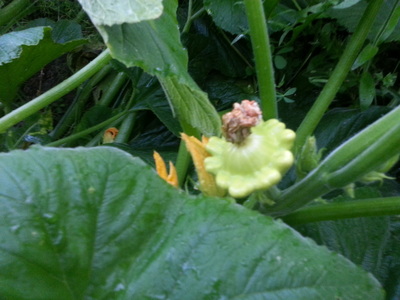
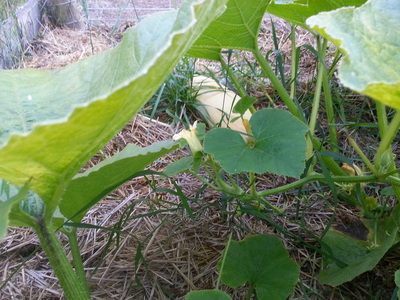
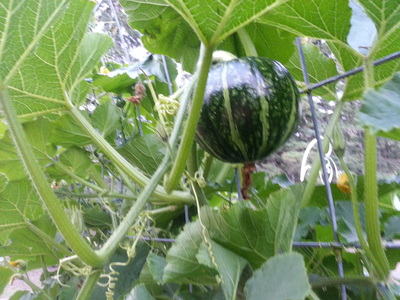
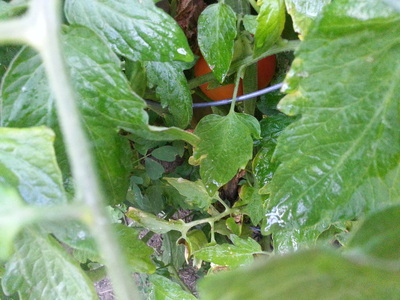
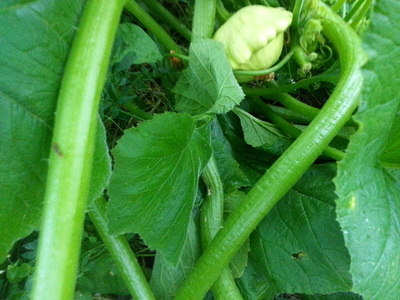
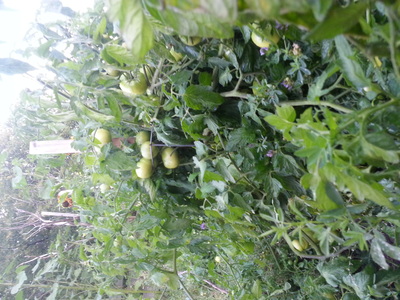
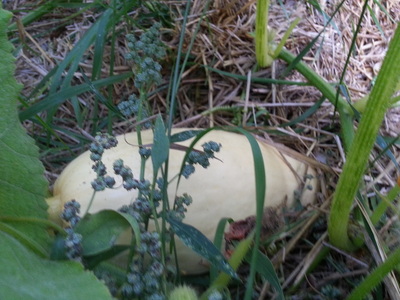
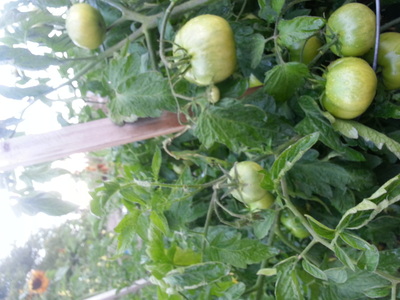
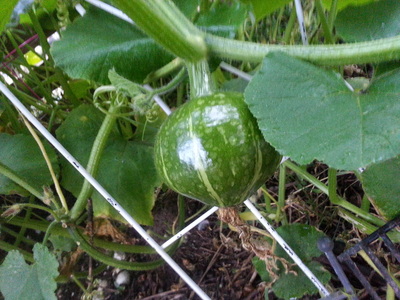
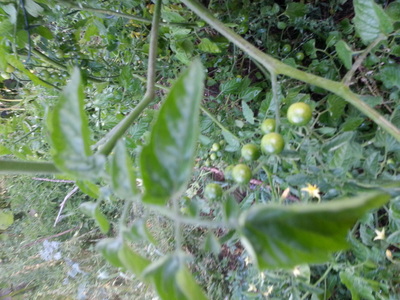
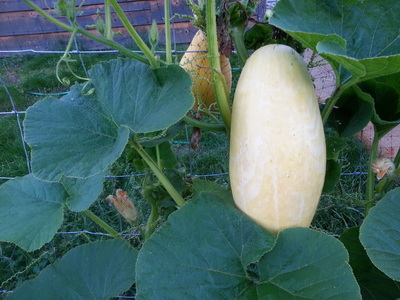
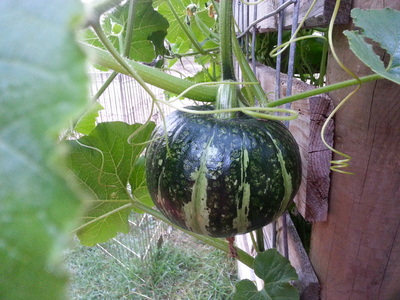
 RSS Feed
RSS Feed